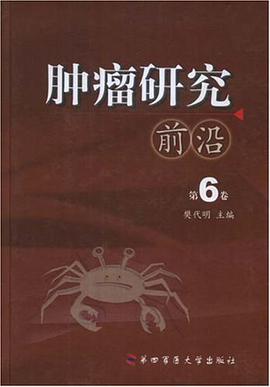

具體描述
Why do we so often speak of books as living, flourishing, and dying? This habit of treating books as people, or personifying texts, is rampant in postwar American culture. In this bracing study, Amy Hungerford argues that personification has become pivotal to our understanding of both literature and of genocide. Personified texts, she contends, appear frequently in works where the systematic destruction of entire ethnic groups is at issue. Hungerford examines the implications of this trend in a broad range of texts: Art Spiegelman's "Maus"; Ray Bradbury's "Fahrenheit 451"; the poetry of Sylvia Plath; Binjamin Wilkomirski's fake Holocaust memoir "Fragments"; the fiction of Saul Bellow, Philip Roth and Don DeLillo; and the work of contemporary trauma theorists and literaty critics. Ultimately, she argues that the personification of texts in these works is ethically corrosive. When we exalt the literary as personal and construe genocide as less a destruction of human life than of culture, we esteem memory over learning, short-circuit debates about cultural extinction, and drastically limit our conception of literature and its purpose.
著者簡介
圖書目錄
讀後感
評分
評分
評分
評分
用戶評價
相關圖書
本站所有內容均為互聯網搜索引擎提供的公開搜索信息,本站不存儲任何數據與內容,任何內容與數據均與本站無關,如有需要請聯繫相關搜索引擎包括但不限於百度,google,bing,sogou 等
© 2025 book.quotespace.org All Rights Reserved. 小美書屋 版权所有




















